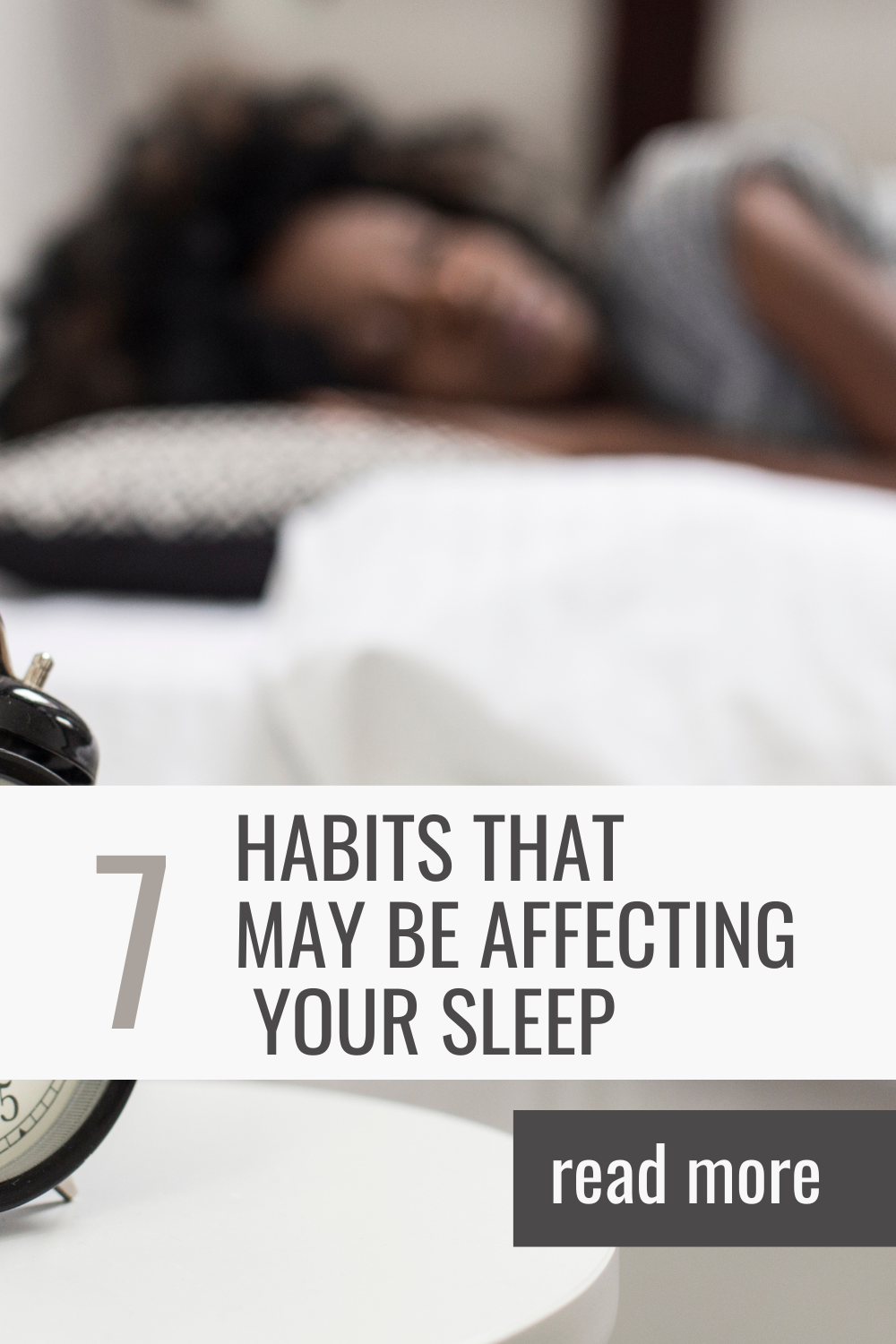Getting a good night’s sleep is often harder than it seems. Even if you follow all the usual advice—such as maintaining a regular sleep schedule and keeping your bedroom dark—many unexpected habits could be affecting your quality of rest. Understanding the factors that influence sleep is key to improving it, yet some surprising habits may be overlooked. In this post, here will explore six common yet surprising habits that ruin sleep. By identifying them, you can make simple adjustments to restore healthy sleep patterns and wake up feeling rejuvenated.
The Impact of Blue Light on Your Sleep
Blue light exposure, particularly from screens like smartphones, tablets, and laptops, has become a prominent concern for sleep health. This type of light disrupts your circadian rhythm, the body’s internal clock, by interfering with the production of melatonin, a hormone that regulates sleep. You may have experienced firsthand how the late-night glow from your devices can leave you tossing and turning in bed. One way to minimize this disruption is by using Block Blue Light glasses, which are designed to filter out the blue light that reaches your eyes. These glasses help restore natural sleep patterns, particularly if you often find yourself using your devices late at night.
Eating Before Bed
Another of the surprising habits that may be affecting your sleep is food intake. Eating a large meal before bedtime can significantly affect the quality of your sleep. While a light snack may be fine for some, consuming heavy, rich foods can cause discomfort, indigestion, and even heartburn. The body is busy digesting food during sleep, and this process can keep you awake or disrupt your sleep cycles. If you want to avoid restless nights, try to finish eating at least two to three hours before going to bed, allowing your body ample time to digest before you hit the pillow.
Caffeine Consumption Throughout the Day
Most people know that drinking coffee late in the day can interfere with sleep, but surprising habits that ruin sleep include consuming caffeine much earlier than expected. Caffeine can stay in your system for up to 8 hours, meaning that an afternoon cup of coffee could still disrupt your ability to fall asleep at night. And it’s not just coffee—caffeine is also found in sodas, energy drinks, and even chocolate. If you’re sensitive to caffeine, try cutting back in the hours before bedtime to avoid restlessness and sleep disturbances.
An Uncomfortable Sleep Environment
Your sleep environment plays a major role in how well you sleep. Things like a mattress that’s too firm or too soft, an overly warm room, or too much light can all contribute to poor sleep. Many people don’t realize how much these factors can impact their ability to fall and stay asleep. Ensuring your bedroom is set up for comfort and relaxation is key. A cool, dark room with a comfortable mattress and pillows can make a world of difference in improving sleep quality.
Stress and Anxiety at Night
Feeling stressed or anxious can make it nearly impossible to relax before bed. Whether it’s work, family issues, or personal concerns, stress tends to intensify at night when the mind isn’t busy with other activities. If you find your thoughts racing, it’s helpful to incorporate relaxing activities into your nighttime routine. This could include journaling, meditation, or deep breathing exercises. Taking time to unwind and calm your mind can prepare you for a more restful sleep.
Lack of Physical Activity
Living a sedentary lifestyle can have a negative impact on sleep quality. Regular physical activity, particularly in the afternoon or early evening, helps regulate your circadian rhythm and improves the overall quality of your rest. It’s not necessary to engage in intense workouts; even a brisk walk or some light stretching can help prepare your body for sleep. However, keep in mind that exercising too close to bedtime can have the opposite effect, as it may leave you too energized to fall asleep right away.
Poor Sleep Routine
Not having a consistent bedtime routine is another subtle habit that can affect sleep. Going to bed at different times every night confuses your body’s internal clock, making it harder to fall asleep when you need to. A regular sleep schedule helps train your body to wind down at a set time, making it easier to transition from wakefulness to sleep. In addition to a consistent bedtime, consider establishing a relaxing pre-sleep routine, such as reading a book or taking a warm bath, to signal your body that it’s time to rest.
There are several surprising habits that may be ruin your sleep, from late-night screen time to consuming caffeine too late in the day. By addressing these habits and making small changes, you can significantly improve your chances of getting a restful night’s sleep. The key is being mindful of how daily routines and choices influence your ability to relax and recharge. Start by reviewing the habits mentioned above, and you might find that your quality of sleep improves, leaving you feeling more energized and refreshed in the morning.





